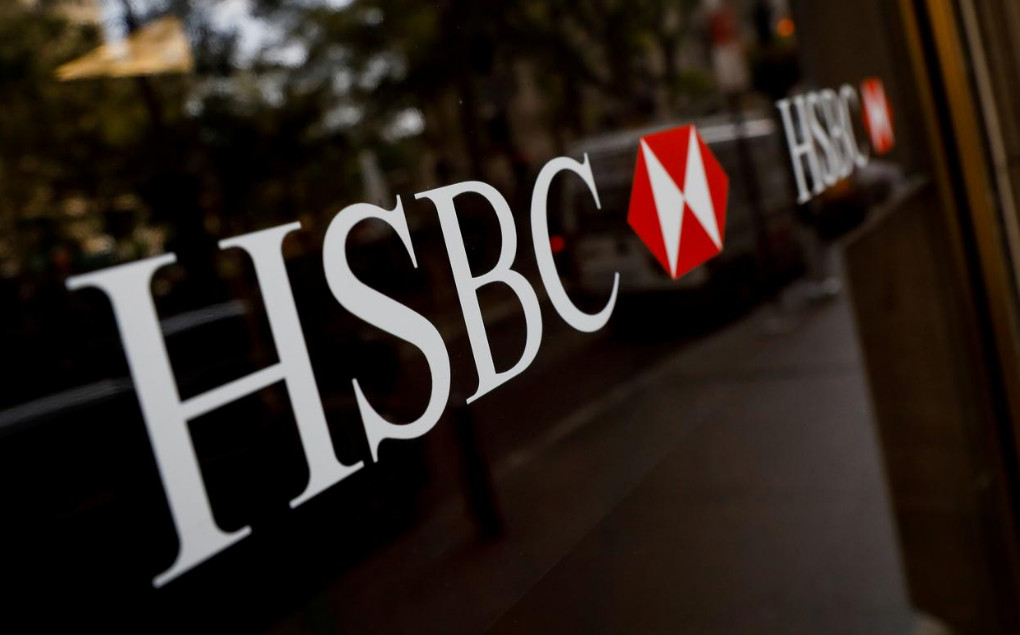Breaking up HSBC?

First, let’s get it clear. I am not proposing to cut ties with HSBC, my favourite money bank.
If, for any reason, I need to close my Hong Kong dollar account, I would still consider its off-shore account (of course provided that it is 100 per cent safe) because I have been banking with HSBC for more than 25 years.
But the time for HSBC Group to break up its Hong Kong and China business has come, now that the bank faces increasing political pressure particularly after the introduction of the national security law.
Instead of its usual Cantonese tradename “Wayfoong”, which means “focus of wealth” or “abundance of remittances”, the bank is now ridiculed as “Huifeng”, which means “closable”, which scares off its millions of customer base in town.
Over the weekend, former lawmaker and democrat Ted Hui Chi-fung said his HSBC account and his family accounts were frozen after he said he would not come back to Hong Kong after his Denmark visit.
Later his family accounts were temporarily resumed and they were able to transfer money out.
It is not clear what happened, we only learned that HSBC was asked by the authority to freeze his assets amid an investigation into money raised with a crowdfunding campaign. Hui claimed the money was in his lawyer custody and wanted HSBC to explain what happened. HSBC said it was disappointed that the fact of this incident was twisted.
Right after the Ted incident, another customer account was also frozen. Yesterday pastor Roy Chan Hoi-hing of Good Neighbour North District Church, a vocal religious group that supported the social movement last year, said his HSBC account, along with his wife and church, were frozen.
The police claimed it was a fraud and money-laundering case because the church raised HK$27 million from June 2019 to September 2019 but they only claimed to have less than a third of the amount.
These cases highlighted the trust issue the No.1 bank in Hong Kong has with its loyal customers. These cases were not the first and definitely not the last. In the past two years, similar cases such as Spark Alliance, which raised fund at the social movement last year, also saw their bank accounts frozen amid the government’s order.
All told, HSBC – and other banks too – were so fragile when it came to government orders such as the United States government demanding information of Huawei chief financial officer Sabrina Meng, founder’s daughter.
As such, HSBC was trapped in the political game of United States and China – and worse still, we are unsure how many other incidents were still kept under the wrap.
Even the best public relation guru came short of a solution to the plight because it is a fundamental business ethics a multinational firm would face in this complicated business world.
The call to break up HSBC is always an option the London-based bank could consider. Selling down its stake in the Hong Kong and China business, its crown jewel, to Chinese investors, might help.
Investment advisory firm Invbots estimated China investors, including Ping An Insurance, the single largest shareholder with a 8 per cent stake, owned more than 17 per cent of the bank.
Having a different holding structure would allow HSBC a leeway to buy time to solve the thorny issues. There is definitely something to learn from its troubled client Huawei, the top mobile maker and 5G pioneer, which offered two types of handsets – the international and domestic version, which blocked all sensitive apps such as Facebook and other news apps not allowed in China.
-- Contact us at [email protected]
-

Equip young people for the future Dr. Winnie Tang
In late February, the inaugural flight of an air taxi from Shenzhen Shekou Cruise Homeport to Zhuhai Jiuzhou Port took only 20 minutes with an estimated one-way ticket price of 200 to 300 yuan per
-

Are we raising a generation of leaders, or of followers? Brian YS Wong
The essence of education is defined not by the facts it imparts, but the potential knowledge it inspires students to individually pursue on their own. Put it this way – the ideal form of education
-

The urgent need for reforms to sex education in Hong Kong Sharon Chau
Nearly one in every four university students (23%) in Hong Kong has been sexually harassed, according to a 2019 report published by the Equal Opportunities Commission (EOC). A 2019 study found that
-

STEAM should be linked to real life Dr. Winnie Tang
In the 2017 Policy Address, STEM (science, technology, engineering and mathematics) education was proposed as one of the eight major directions to promote I&T development. Since then, funding has
-

Let trees speak for themselves Dr. Winnie Tang
I often say that smart cities start with smart planning, but smart planning presupposes adequate, systematic and up-to-date data. This is important not only for city administration, but also for tree















